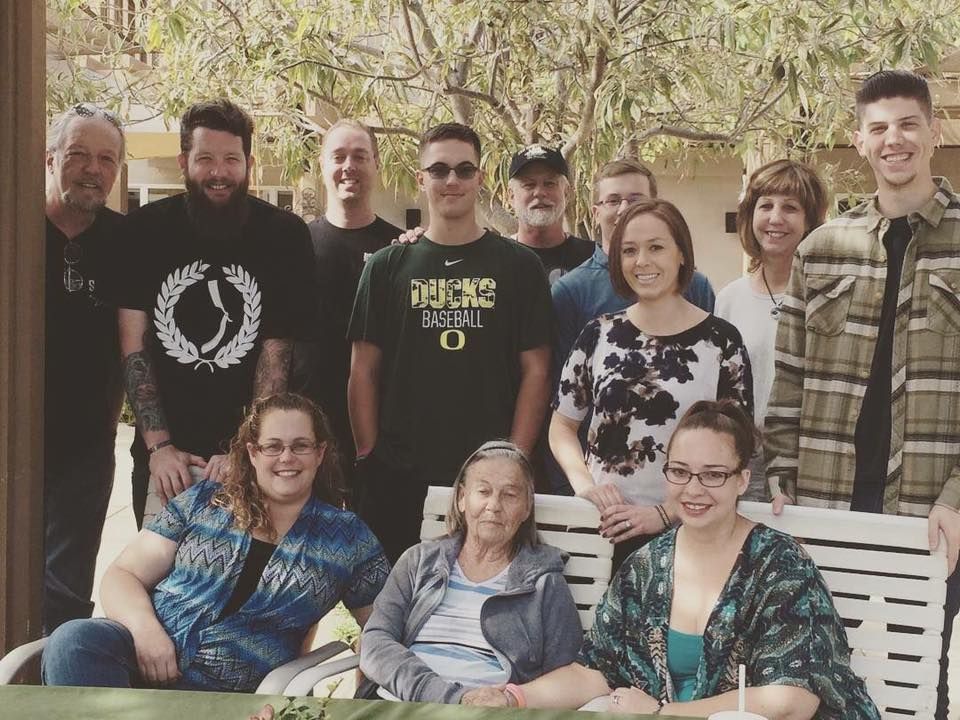
Social connections play an important role in the quality of life for people with Alzheimer's disease. However, the symptoms of Alzheimer's—including memory loss and cognitive decline—can make it difficult to maintain relationships, leading to isolation, anxiety, loneliness, and depression.
Learning to build and maintain strong social connections can positively impact the physical, emotional, mental, and even spiritual health of people with Alzheimer’s disease.
Why does social connection matter so much? What does the research show us about the impact of social connection on those living with Alzheimer’s?
Social Connection is Vital
Communication can be one area where the symptoms of Alzheimer’s disease have a profound negative impact. People living with Alzheimer’s often struggle to communicate. This can make relationships, meaningful conversations, and other forms of social interaction very difficult. Despite the challenges, social connection remains vitally important to individuals experiencing Alzheimer’s.
Benefits of Social Connection
It’s difficult to overstate the benefits of social connection! This is true for all people, but for those living with Alzheimer’s, socializing provides significant benefits to emotional health, cognitive function, and even physical health. Interacting with people can help individuals impacted by Alzheimer’s feel more connected to their community, family, and friends.
Studies show that socializing promotes physical activity. Whether it be dancing, walking, chair aerobics, pilates, or strength training, engaging in it with others makes any type of exercise more fun.
Risks of Declining Social Involvement
Conversely, the risks of social isolation also have a profound impact on those facing Alzheimer’s disease and its challenging symptoms.
Individuals living with Alzheimer’s often withdraw socially at an increasing level as their condition progresses. This can be attributed to declining abilities to perform daily tasks, anxiety and fear, confusion, and frustration with their changing abilities. Social isolation increases the risk of depression and leads to a lack of emotional support. Additionally, the more limited an individual’s social interaction is, the less mental stimulation they experience.
Memory Care Community in Southern California
MesaView Senior Assisted Living in La Mesa, California, is a memory care community in Southern California. We understand that our residents’ holistic experience of life (social, spiritual, emotional, mental, physical) is vitally important. Research says one of the best things you can do to delay or slow the progression of Alzheimer’s disease or dementia is to keep your mind active. Our compassionate caregivers provide top-notch, individualized care to each of the members of our communities.
As dementia progresses, many families face difficult decisions regarding the care of their loved ones. While in-home care is an option for some, others may find that a memory care community is better suited to meet the evolving needs of someone with dementia. Memory care communities are specialized residential settings that provide 24/7 care, safety, and support for individuals with Alzheimer’s and other forms of dementia.
Holistic Approach to Memory Care
Memory care that takes a holistic approach engages a person on a physical, mental, emotional, and spiritual level. Providing an alternative to institutional care, MesaView’s beautiful rooms and inviting grounds evoke a homey feel while still having enough space to accommodate specialized equipment for mobile care services. Our caregivers and staff are familiar with the providers and organizations that offer mobile care services for the elderly. We collaborate with them to make sure your loved one is comfortable and comprehensively cared for.
Don’t hesitate to reach out and schedule a tour of MesaView today!




